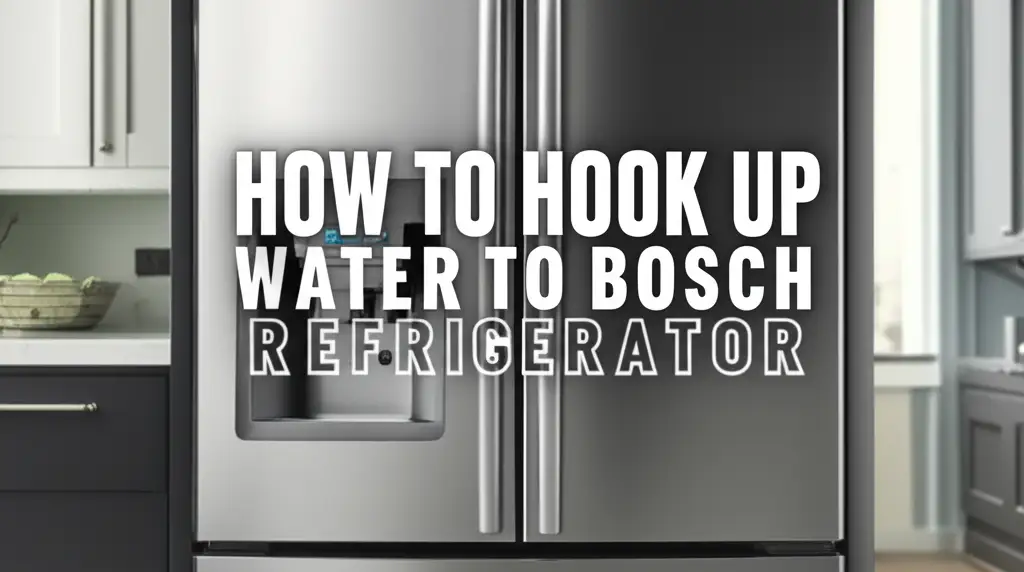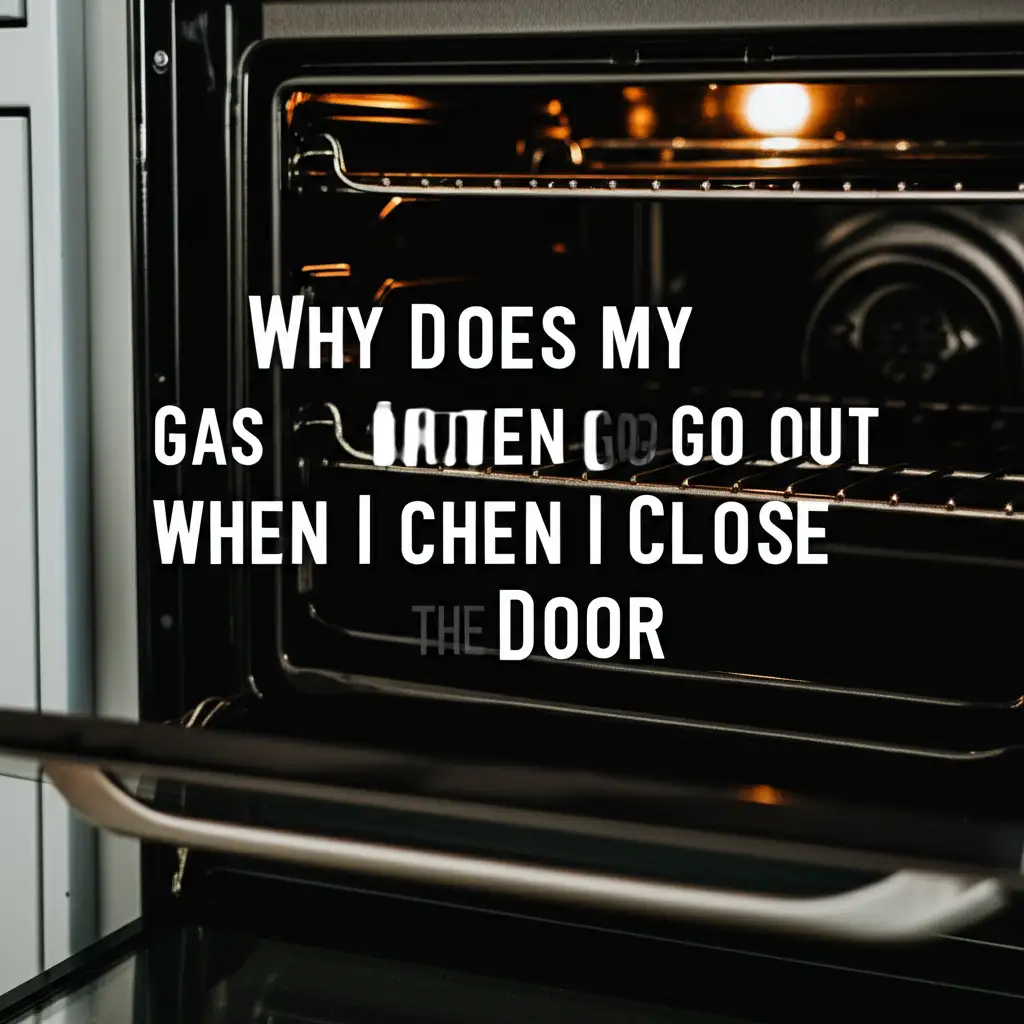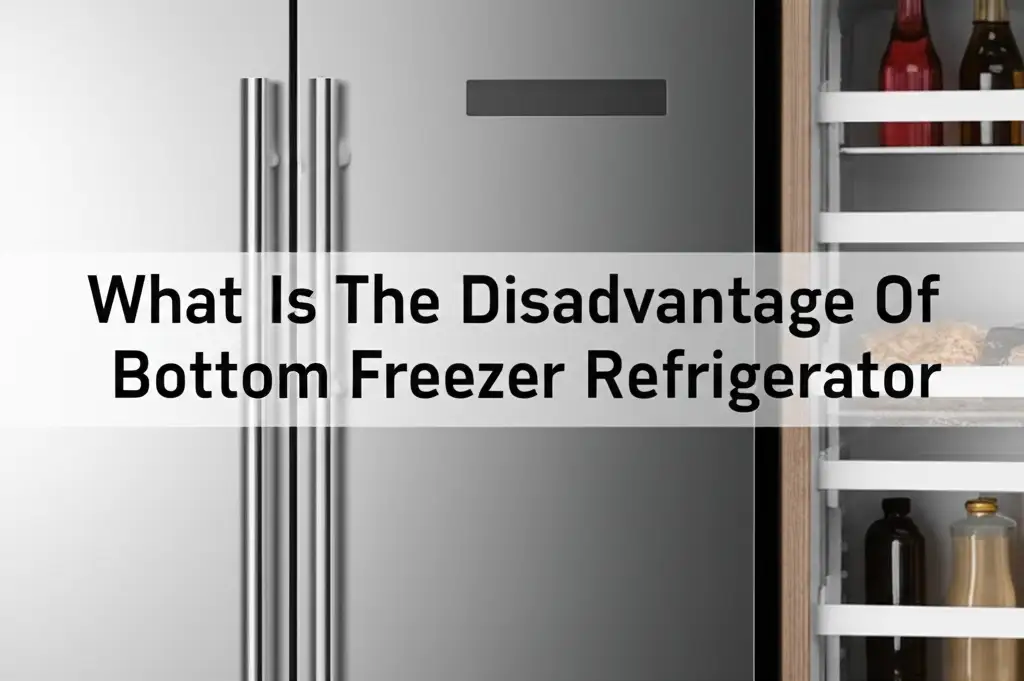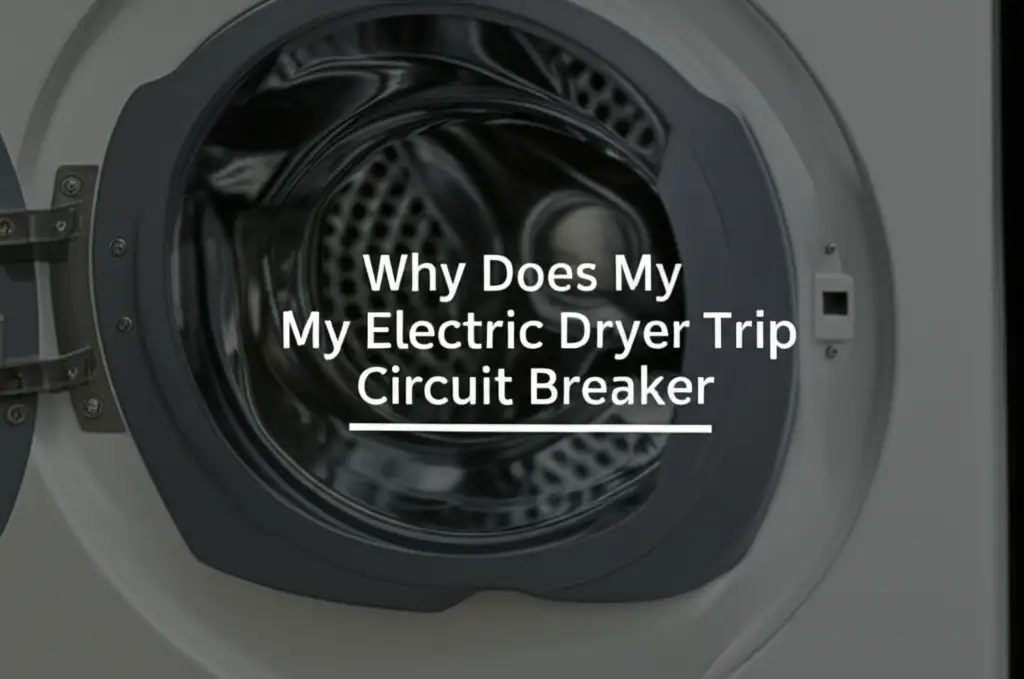· Todd Martin · Home Appliances · 10 min read
Can You Convert An Electric Dryer To Propane
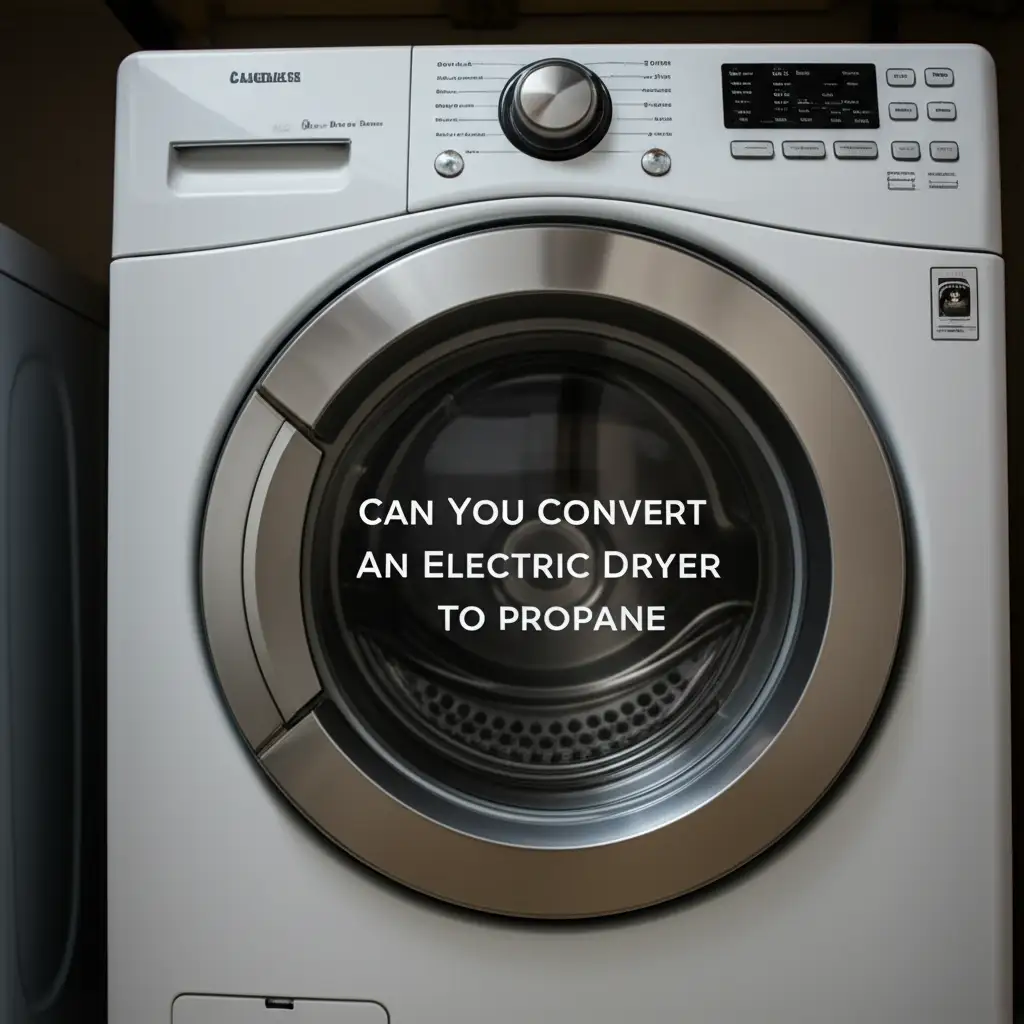
Converting Your Electric Dryer to Propane: Is It Possible?
Many homeowners consider changing their appliances. You might wonder if you can convert an electric dryer to propane. This question often comes from a desire for energy efficiency or a change in utility access. I understand why you might think about this modification. It seems like a smart way to adapt your existing appliances.
However, the reality of converting an electric dryer to propane is complex. It involves significant safety concerns and technical hurdles. This article will explain why such a conversion is not practical or safe. We will explore the fundamental differences between electric and propane dryers. You will also learn about the dangers involved and viable alternatives. My goal is to provide clear, actionable information.
Takeaway:
- Directly converting an electric dryer to propane is generally not possible or safe.
- Electric and propane dryers use fundamentally different heating systems.
- Attempting such a conversion creates significant fire, explosion, and carbon monoxide risks.
- Appliance manufacturers do not support or provide kits for this specific conversion.
- The best approach is to purchase a new propane dryer if you need one.
No, you cannot safely or practically convert an electric dryer to propane. These appliances operate on fundamentally different heating mechanisms and safety systems. Modifying an electric dryer to use propane would involve dangerous and unauthorized changes to its core design, posing severe risks.
Electric vs. Propane Dryers: The Core Differences
Understanding how electric and propane dryers work helps explain why conversion is impractical. Electric dryers use heating elements to generate heat. These elements are coils of wire that resist electricity. The resistance causes them to glow hot, much like a toaster. Air then passes over these hot coils and into the drum.
Propane dryers, on the other hand, burn propane gas to create heat. They have a burner assembly that ignites the gas. This flame heats the air directly. Gas dryers also need a proper exhaust system to vent combustion byproducts. These byproducts include carbon monoxide, which is a dangerous gas.
Each dryer type has a unique internal design. They have different wiring, venting needs, and safety controls. For example, an electric dryer has a high-voltage electrical connection. A propane dryer requires a gas line and specific gas valves. These differences are more than just power sources.
Unpacking the Heat Source: Electric Coils vs. Gas Burners
Let’s look closer at how each dryer generates heat. An electric dryer uses a large heating element. This element connects directly to your home’s electrical circuit. When you turn the dryer on, electricity flows through the element. It gets very hot, warming the air that dries your clothes. If your electric dryer is not heating properly, it might be an issue with this element. Learn why your electric dryer might not heat up.
A propane dryer uses a gas burner. This burner ignites propane gas, similar to a gas stove. The flame heats a chamber, and air passes through this heated area. The air then goes into the dryer drum. Propane dryers also have complex ignition systems. They include gas valves, flame sensors, and igniters.
These two systems are not interchangeable. An electric dryer chassis is not built to contain a gas flame. It lacks the necessary gas lines, combustion chambers, and exhaust vents for gas byproducts. Similarly, a gas dryer does not have the heavy-duty electrical wiring needed for a heating element. The fundamental engineering is different.
Why Converting an Electric Dryer to Propane is Not Possible
Many people ask, “Can you convert an electric dryer to propane?” The simple answer is no. It is not a supported or safe modification. Appliance manufacturers design dryers for one fuel type only. They do not offer conversion kits for this purpose.
Imagine trying to put a gas engine into an electric car. The underlying systems are completely different. You cannot simply swap out parts. An electric dryer’s internal components, such as its wiring and ventilation, are not designed for propane combustion. This conversion would require extensive structural changes.
For instance, you would need to add a gas line connection. Then, you would install a gas burner assembly. You would also need a way to vent the combustion fumes safely outside. An electric dryer does not have these features. The internal wiring also lacks protection from heat that a gas flame would generate.
Major Safety Risks and Legal Implications
Attempting to convert an electric dryer to propane creates serious safety hazards. These risks include fire, explosion, and carbon monoxide poisoning. Propane is highly flammable. An improper gas connection can lead to leaks. Even a small spark could ignite leaked gas.
Carbon monoxide is another major danger. Gas dryers produce carbon monoxide during operation. They have sealed combustion chambers and dedicated vents to remove this gas. An electric dryer lacks these safety features. Venting combustion gases incorrectly can allow carbon monoxide to build up in your home. This gas is colorless and odorless. It can cause severe illness or death.
Beyond safety, there are legal and warranty implications. Modifying an appliance like this voids its warranty immediately. It also violates most building codes and safety regulations. Insurance companies may deny claims if a modified appliance causes damage. Prioritize safety over attempting a dangerous conversion.
Understanding “Conversion Kits” and Misconceptions
When people search for “electric dryer to propane conversion,” they sometimes find “conversion kits.” It is important to clarify what these kits are. These kits are not for changing an electric dryer into a propane one. They are usually for gas dryers only.
Gas dryers often come set up for natural gas. A “conversion kit” allows you to switch a natural gas dryer to propane. This process involves changing a small orifice on the gas valve. The orifice size controls the gas flow. Propane has higher pressure than natural gas. So, a different orifice is needed for the same heat output.
These kits are specific to gas dryers and are usually brand and model-specific. They do not contain electric heating elements or gas burner assemblies. Never assume a gas dryer conversion kit works for an electric model. Misusing these kits or attempting unauthorized modifications is extremely dangerous.
Practical Solutions: What to Do Instead of Converting
Since converting an electric dryer to propane is not feasible, what are your options? You have several practical solutions.
First, consider continuing to use your electric dryer. Many homes are set up for electric appliances. Electric dryers are often simpler to install. You may already have the correct electrical outlet available. If you have issues with your current electric dryer, like it not heating enough, it might be a repairable problem. Find out why your electric dryer may not be getting hot enough. Regular maintenance, like cleaning the lint trap, also helps your dryer run efficiently. Learn how to clean your dryer effectively.
Second, if propane is your preferred energy source, buy a new propane dryer. This is the safest and most reliable approach. New propane dryers come designed for propane use. They include all necessary safety features and certifications. You will need to ensure you have a propane gas line installed and properly vented in your laundry area.
Third, if you have a natural gas dryer and want to convert it to propane, that is a different story. Many natural gas dryers can be converted to propane using an approved manufacturer-specific kit. This is a common and safe procedure when done correctly by a qualified technician. Conversely, some gas dryers can be converted to electric if designed for it, which is the opposite of your current goal. Explore how to convert a gas dryer to electric.
Choosing a Propane Dryer: Key Considerations
If you decide to purchase a new propane dryer, you should consider several factors. First, check your home’s existing utility setup. Do you have a propane line accessible in your laundry room? If not, you will need to install one. This requires professional help from a licensed gas plumber.
Second, consider the venting requirements. All gas dryers produce combustion gases. They need a rigid metal vent that goes directly outside your home. Ensure you have a clear path for this vent. Proper ventilation prevents carbon monoxide buildup.
Third, research different dryer models and brands. Look for Energy Star certified models. These models use less energy and can save you money over time. Read reviews and compare features like capacity, drying cycles, and noise levels. Choose a dryer that fits your family’s needs and budget.
Finally, always arrange for professional installation of your new propane dryer. A certified technician will connect the gas line correctly. They will also ensure proper ventilation and test for leaks. This step is crucial for your family’s safety and the dryer’s efficient operation. Never attempt gas appliance installation yourself unless you are a qualified professional.
FAQ Section
Can an electric dryer be modified to use a gas burner?
No, an electric dryer cannot be safely modified to use a gas burner. Electric dryers lack the necessary components like gas lines, combustion chambers, and specific venting systems for gas byproducts. Such a modification would pose severe risks of fire, explosion, and carbon monoxide poisoning.
What are the dangers of trying to convert an electric dryer to propane?
The dangers include fire from propane leaks, explosions from gas accumulation, and carbon monoxide poisoning. Electric dryers are not built to handle the combustion process or vent the dangerous byproducts of burning propane. This also voids warranties and violates safety codes.
Is it cheaper to run an electric or propane dryer?
The cost of running an electric or propane dryer depends on local utility rates for electricity and propane. Propane can sometimes be cheaper than electricity in certain regions, but this varies. Calculate the cost per load based on your local rates to determine which is more economical for you.
How do I know if my dryer is electric or gas (propane/natural gas)?
Check the power cord and the back of the dryer. An electric dryer typically has a large, thick 3-prong or 4-prong cord, usually 240 volts. A gas dryer has a standard 120-volt plug and a flexible gas line connected to a shut-off valve. You can learn more about identifying your dryer type here.
What should I do if I need a propane dryer but have an electric one?
The safest and most recommended solution is to purchase a new dryer designed to run on propane. Install a propane gas line and proper ventilation, which usually requires a licensed professional. Do not attempt to convert your existing electric dryer.
Are there any “universal” conversion kits for electric to propane dryers?
No, there are no universal or manufacturer-approved kits to convert an electric dryer to propane. Any kits you find advertised as “conversion kits” are typically for converting a natural gas dryer to propane, not an electric one. Be wary of any product claiming otherwise, as it would be unsafe and unsupported.
Conclusion
Understanding the distinct mechanisms of electric and propane dryers is crucial. We have seen that directly converting an electric dryer to propane is not a viable option. It is fraught with significant safety risks, including the potential for fire, explosion, and carbon monoxide poisoning. Appliance design and safety standards prevent such modifications.
My advice remains clear: for your safety and the longevity of your home, do not attempt to convert an electric dryer. If your home setup requires a propane dryer, the best course of action is to invest in a new appliance specifically designed for propane use. Always ensure professional installation for any gas appliance. Making the correct choice protects your family and ensures your laundry routine remains safe and efficient.
- electric dryer
- propane conversion
- gas dryer
- appliance safety
- home improvement
- energy choice


